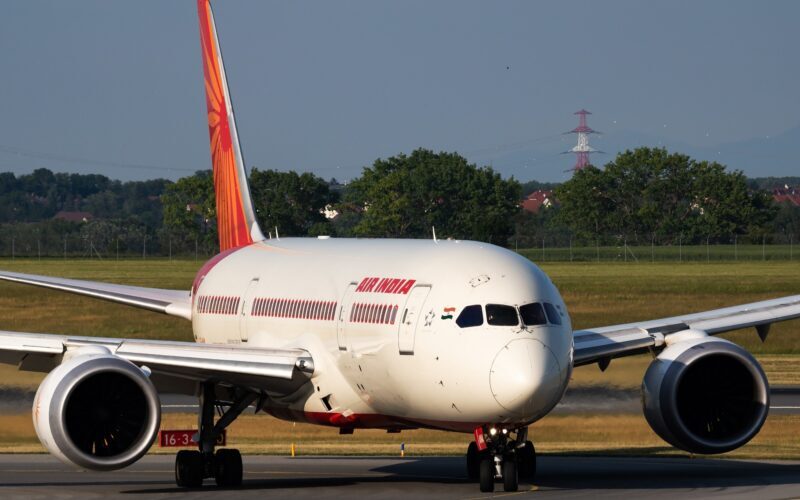Air India 787 Crash Under Criminal Investigation, Expert Says

India’s Aircraft Accident Investigation Bureau (AAIB) is now treating the June 12 crash of an Air India Boeing 787-8 as a potential criminal act, according to Greg Feith, a veteran safety consultant and former U.S. National Transportation Safety Board (NTSB) investigator.
The AAIB’s preliminary report, released on July 12, revealed that the fuel cutoff switches for both GE Aerospace GEnx-1B engines were manually moved from “run” to “cutoff” just three seconds after takeoff from Ahmedabad Airport. Although the switches were reactivated within 14 seconds, the aircraft had already descended too low to recover. The crash killed 241 of the 242 people onboard and 19 more on the ground.
Feith, speaking at the American Institute of Aeronautics and Astronautics Aviation forum in Las Vegas, pointed to cockpit voice recorder data as evidence of possible intent. “You can hear the question on the recording: ‘Why did you cut off the fuel?’ That statement implies someone witnessed the action. You don’t just have a dual-engine failure like that,” Feith said.
While the AAIB has criticized media reports speculating about pilot intent as “irresponsible,” Feith asserts the nature of the incident has shifted. “It’s no longer an accident. It’s being investigated as a criminal event—just like EgyptAir, Germanwings, and SilkAir,” he said, referencing three historic airline disasters attributed to deliberate pilot actions.
Feith, who participated in the investigation into the 1997 SilkAir crash, emphasized that early speculation around engine failure or software issues has already been addressed by investigators. “The AAIB’s preliminary report stated that there are no current safety concerns related to the Boeing 787-8 or the GEnx engines. That exonerates both the aircraft and its systems,” he explained.
Despite this, misinformation continues to circulate. “You still have junior analysts and online trolls pushing theories about FADEC [Full Authority Digital Engine Control] software and engine design flaws. These people are not part of the investigation,” Feith said. “The AAIB assembled a team of subject matter experts who spent 30 days analyzing the data. To suggest they missed something basic makes no logical sense.”
Feith warned that misdirected speculation detracts from the real focus of the investigation: determining whether this was an isolated incident or indicative of a broader, systemic issue. “This is the first major crash involving the Boeing 787-8. We need to focus on what matters—understanding what truly happened and how to prevent it from happening again,” he said.
Reflecting on his past work on the SilkAir case, Feith noted, “I spent two years on that crash, alongside investigators from Boeing, the engine manufacturer, the FAA, and Indonesia’s safety board. We concluded it was an intentional act. The same rigorous process is now underway for the Air India crash.”
As the AAIB continues its investigation, the aviation industry is watching closely, aware that the outcome could have major implications for aircraft safety protocols and mental health evaluations within the cockpit.
Related News: https://airguide.info/?s=air+india, https://airguide.info/category/air-travel-business/travel-health-security/
Sources: AirGuide Business airguide.info, bing.com, aviationweek.com
